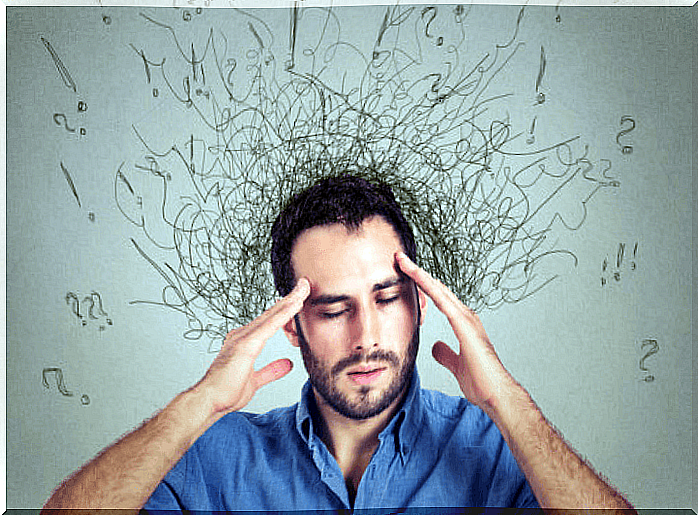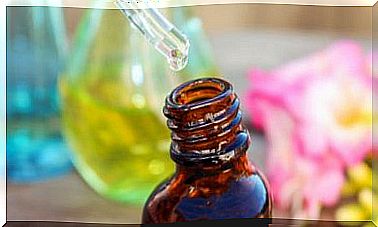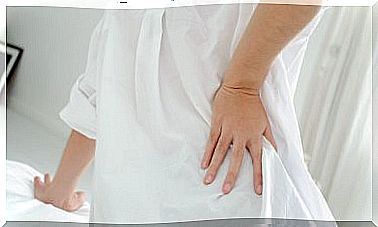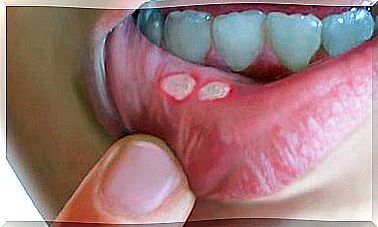Know All The Negative Effects Of Stress
The negative effects of stress on the body are still unknown to many people. In general, one tends to think that this emotion is something normal and even necessary at certain times.
This statement is true, but it is also true that, if it continues over time, it can cause wear and tear and a series of quite dangerous problems. Let’s dive deeper into this.
The physiology of stress
As we’ve already said, stress doesn’t have to be negative. In fact, in small doses, it can even be positive. This is because it triggers reactions in our body associated with our defense and activation system.
In this way, it helps to activate the primitive tendencies to flee or fight. This is suggested by this joint study by the University of London and the University of La Laguna (Spain) , which shows that some stress increases our work rate and can make us more efficient.
However, excess stress or chronic stress directly affects three systems in the body: the endocrine system, the nervous system and the immune system.
Hence, a huge amount of negative effects are generated in a chain. Stress activates the brain in multiple ways, causing a cascade reaction.
First, a neurological response is triggered that activates the hypothalamus. This causes the secretion of hormones and stimulates the pituitary, which in turn secretes ACTH corticotropin.
Corticotropin activates the adrenal glands and this triggers the production of adrenaline (epinephrine) and norepinephrine (norepyrephrine) and of corticosteroids (aldosterone) and glucocorticoids (cortisol).

The phases of stress
- Alarm phase: stimuli susceptible to causing stress activate the sympathetic nervous system. The secretion of adrenaline and norepinephrine takes place, increasing concentration and attention span. The immediate effects, therefore, can include high blood pressure, increased heart rate, and sweating. This phase is short-lived.
- Resistance phase: it is the consequence of the alarm phase extending for longer than it should. At this point, alterations in metabolism begin and the organs begin to suffer the negative effects of the excitation of the nervous system and the consequent secretion of hormones.
- Exhaustion phase: the body is altered by the lack of control of the systems involved in the response to stress. Then, the symptoms that characterize the typical pathologies of people subjected to this disorder begin.
The negative effects of stress
About the digestive system
Among the main negative effects of stress on this system are multiple pathologies. Among them, stomach problems, diarrhea or constipation, according to this report from the United States National Library of Medicine.
In addition, it promotes the adoption of bad eating habits such as eating at the wrong time, consuming junk food, stopping eating and other related behaviors.
About the respiratory system
In this system, stress can act directly or indirectly. It can directly cause hyperventilation, dyspnea and a feeling of suffocation. This is often associated with related anxiety problems.
Indirectly, by weakening the immune system, as it could increase the risk of respiratory problems.

About the cardiovascular system
This is one of the systems most affected by stress. In fact, some of its effects can have fatal results. Among them is the increased risk of having a heart attack, according to this study carried out by a group of doctors from the Department of Legal Medicine of Costa Rica.
In muscles and skin
This is stated in the previous report from the National Library of Medicine of the United States. For example, it can cause acne, eczema, dermatitis, muscle cramps, pain, or stiffness.
Get help from a professional
We already see that the negative effects of stress can lead to the loss of physical and mental integrity. Thus, we have to avoid by all means that our psycho-emotional health is compromised to this point.
To do this, we must seek tools and professional help from a psychologist to learn to prevent associated pathologies and to know ourselves, take care of ourselves and love ourselves better.









